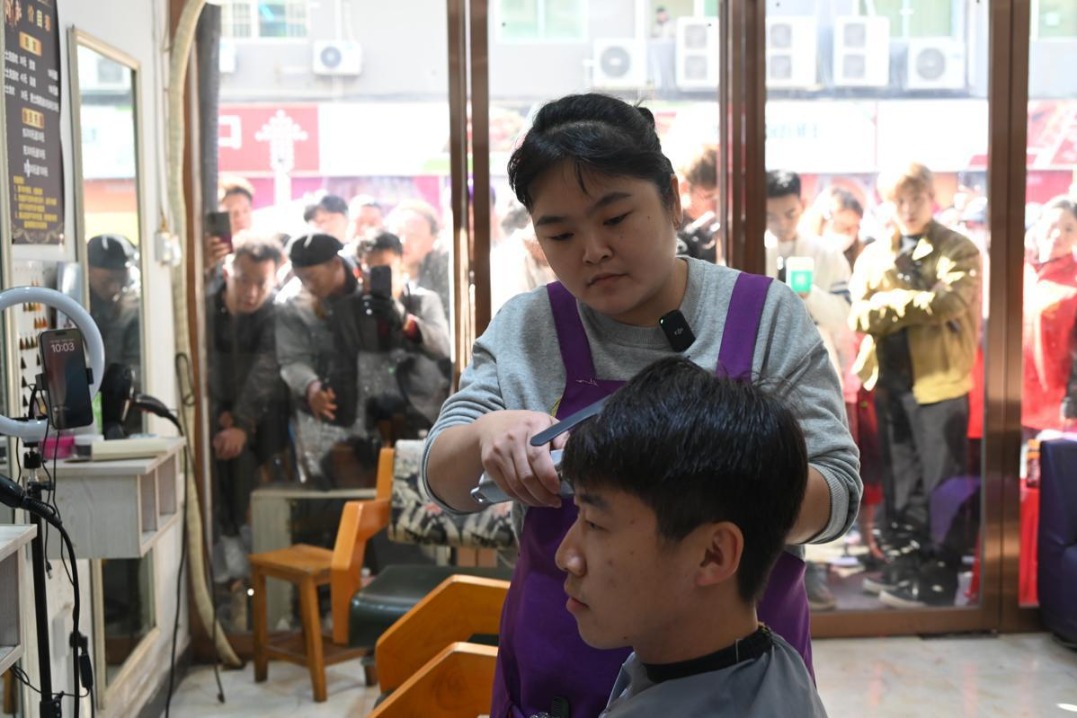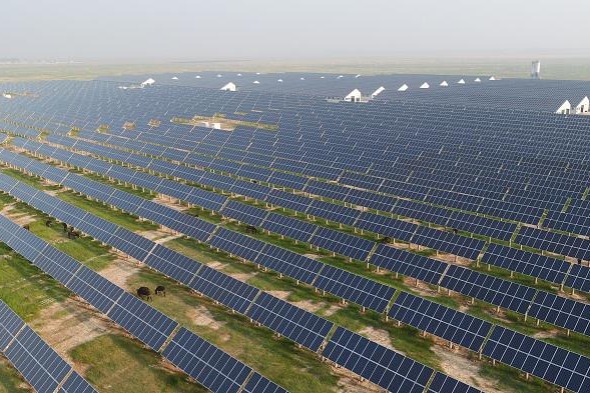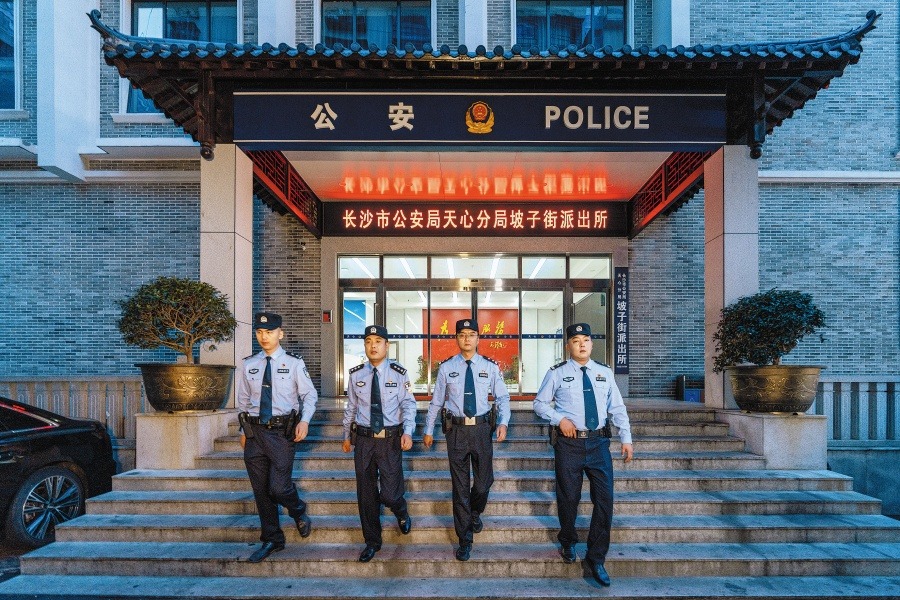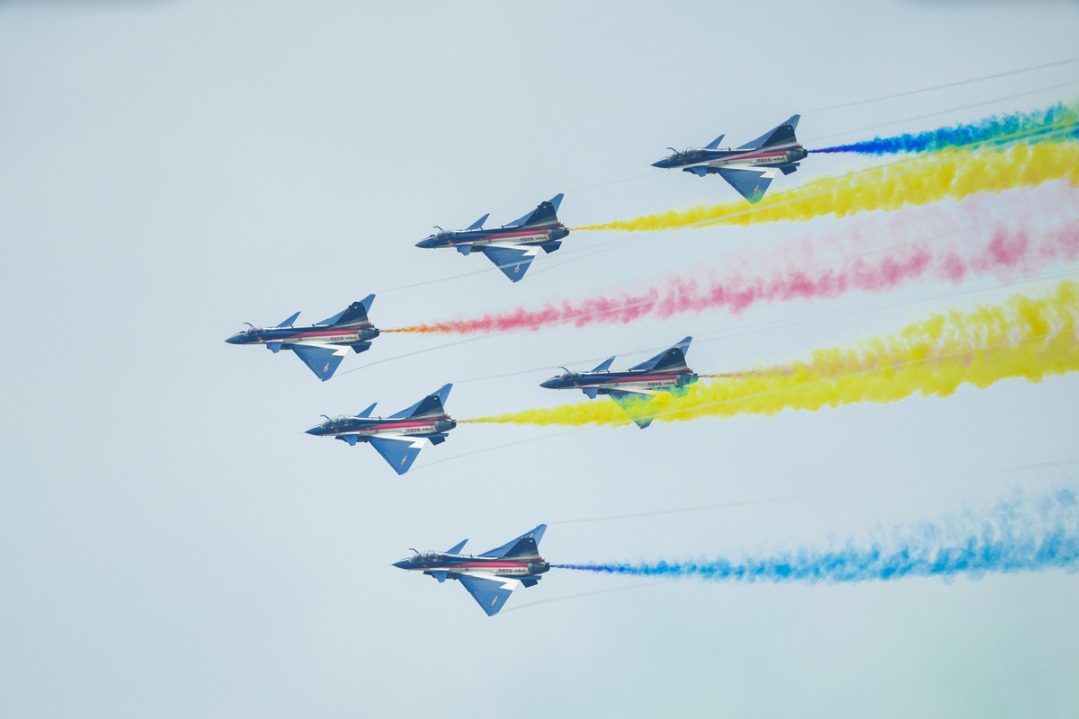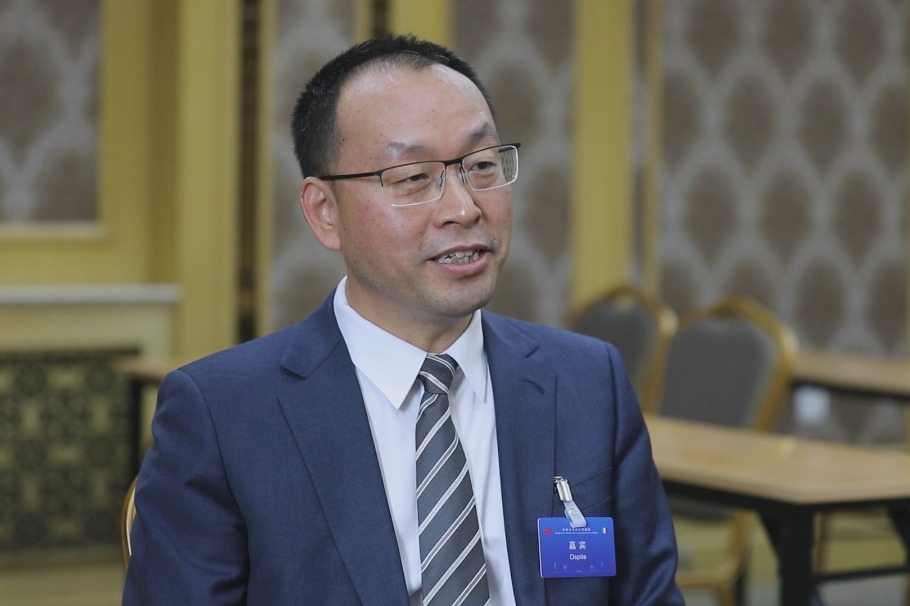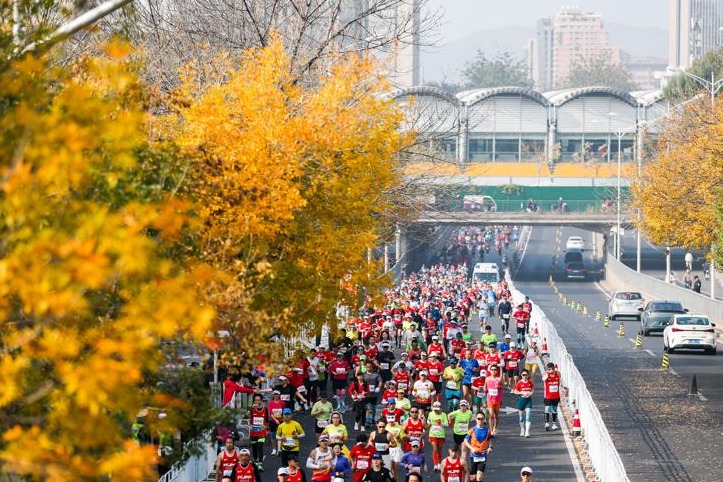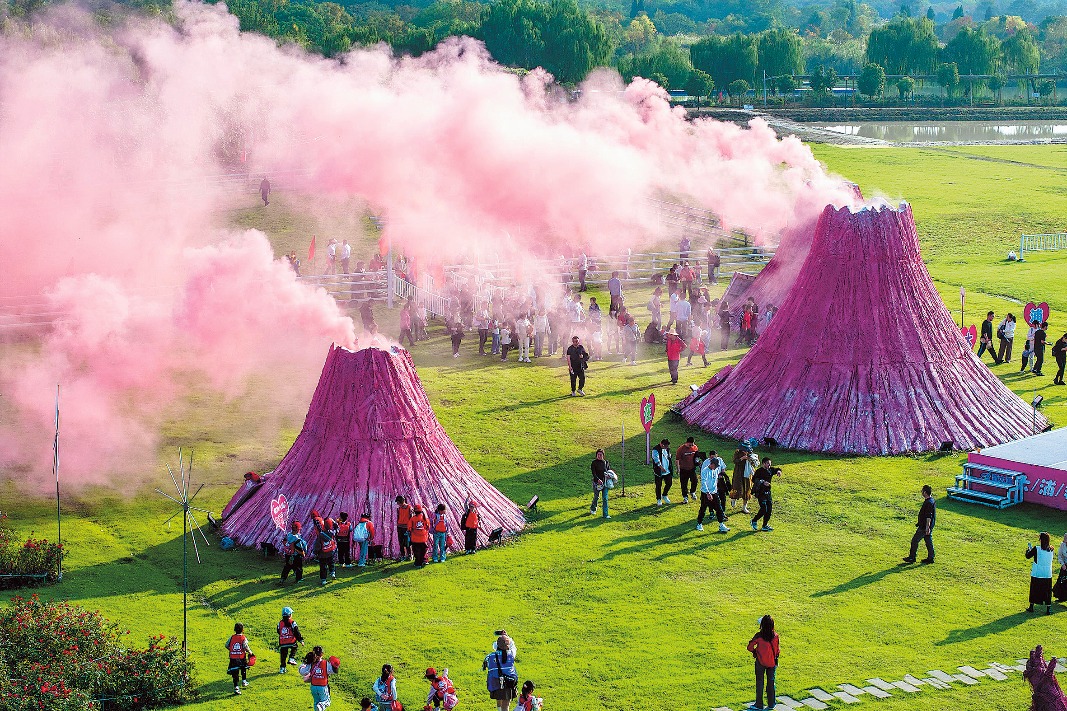First bivalent mRNA vaccine candidate against RSV goes under clinical trial

The world's first bivalent mRNA vaccine candidate against respiratory syncytial virus, or RSV, kicked off Phase I clinical trial in China on Wednesday, as an adult received a shot at a clinical research center of a major Shanghai hospital.
The developer of the vaccine candidate said that the adult participant was in stable condition and under medical observation after the vaccination.
The vaccine candidate was developed by Innorna, a Shenzhen-based biotechnology enterprise, with a technology platform whose independent intellectual property rights it holds. The clinical trial was approved by the Center for Drug Evaluation of China's National Medical Products Administration in June.
No vaccine against RSV has been approved for marketing on the Chinese mainland so far.
RSV is one of the pathogens that became familiar to Chinese residents recently, especially after it swept many parts of the country last winter and infected populations, especially young children and the elderly.
The pathogen can severely affect children's lung function, and the vulnerable group stands a higher chance of developing into severe cases after getting infected, said medical experts.
"Official figures showed that RSV caused more than 80 percent of respiratory viral infection cases in infants and young children in the country last year," said Gu Weirong, vice-president of the Obstetrics and Gynecology Hospital of Fudan University in Shanghai.
Compared with the three RSV vaccines already approved overseas, the new vaccine candidate has its own advantages, according to Innorna.
"The vaccine is bivalent, meaning that it can cover both subtypes of RSV that cause most RSV infections at the same time. Moreover, the technical route of mRNA makes the vaccine design more flexible in case the virus mutates," said Chen Zhangjing, head of clinical development at Innorna.
"Also, as an mRNA vaccine, it is expected to help individuals realize a similar level of immune response after being vaccinated repeatedly every other year or two years - if applicable - as what they do after the initial vaccination," he said.
According to its clinical study plan, a total of 240 adult participants, including half aged 59 years and younger and the other half aged 60 years and older, will be enrolled in this phase I clinical trial, which is expected to last about two and a half years.
The vaccine candidate is developed for adults aged 60 years and older as a prioritized population, according to its developer, which also plans to promote the development of indications for adults with poor immunity, pregnant women, and infants.
- First bivalent mRNA vaccine candidate against RSV goes under clinical trial
- Around 500 publishers to take part in this year's children's book fair
- China's total nuclear power generation capacity tops world rankings
- Uncover Shandong's hidden gems
- Sun Yat-sen University celebrates its 100th anniversary
- Humble hairdresser makes a splash — and some mistakes

















